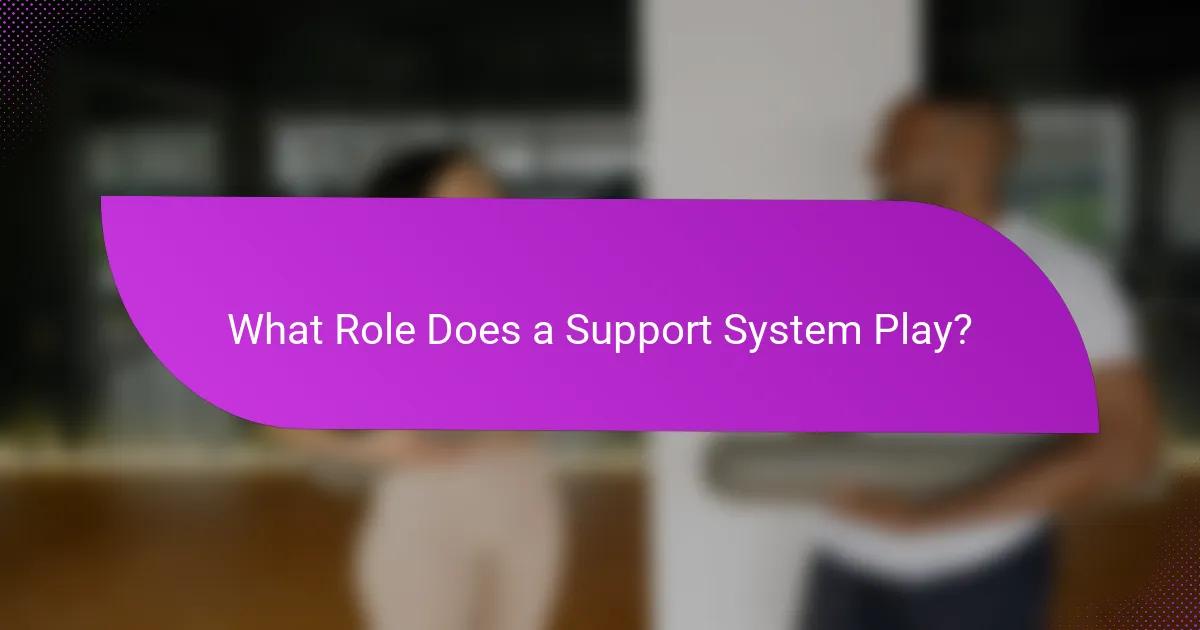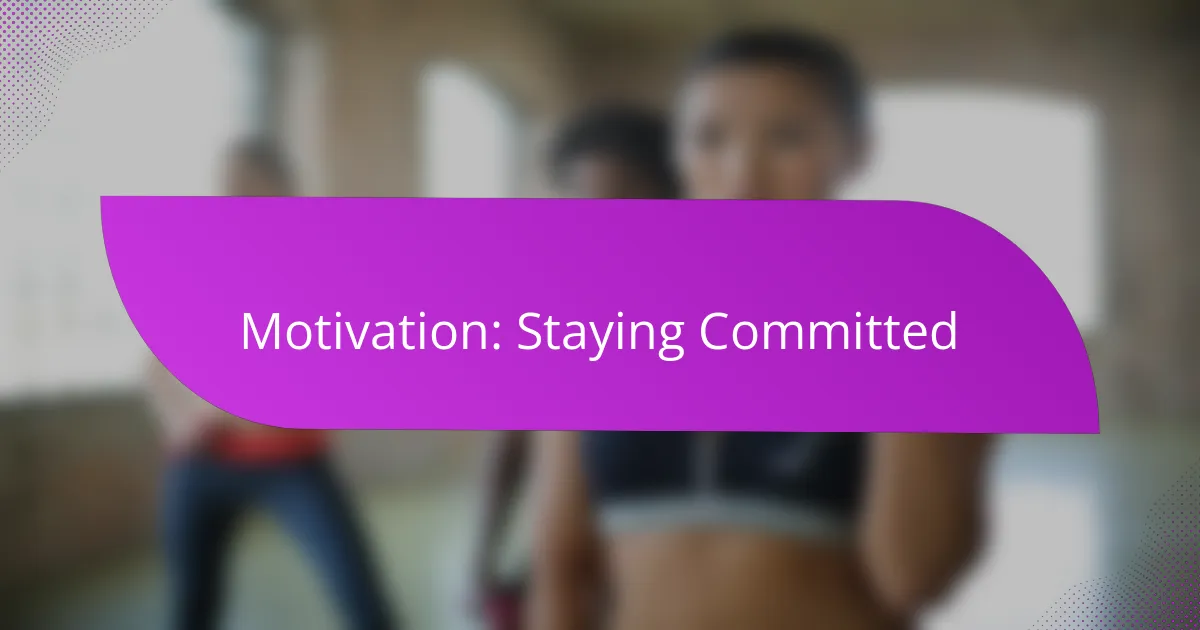Overcoming plateaus requires not just physical effort but also effective mental strategies that enhance focus, resilience, and motivation. Techniques such as visualization, mindfulness, and positive self-talk can help individuals break through stagnation, fostering a positive mindset that encourages adaptive behaviors and ultimately leads to success.

How Can Mental Strategies Help Overcome Plateaus?
Mental strategies can significantly aid in overcoming plateaus by enhancing focus, resilience, and motivation. These techniques help individuals break through stagnation by fostering a positive mindset and encouraging adaptive behaviors.
Enhanced focus and clarity
Improving focus and clarity is essential when facing a plateau. Techniques such as mindfulness and visualization can help sharpen concentration, allowing individuals to identify specific areas needing improvement. For instance, setting aside dedicated time for reflection can clarify goals and strategies.
Creating a structured plan with clear, measurable objectives can also enhance focus. Breaking larger goals into smaller, manageable tasks allows for incremental progress, making it easier to maintain clarity and direction.
Improved resilience and adaptability
Resilience and adaptability are crucial for navigating plateaus. Developing a growth mindset encourages individuals to view challenges as opportunities for learning rather than setbacks. This shift in perspective can foster a more flexible approach to problem-solving.
Practicing stress management techniques, such as deep breathing or journaling, can also enhance resilience. These methods help individuals cope with frustration and maintain a positive outlook, which is vital for adapting to new strategies or changes in circumstances.
Increased motivation and commitment
Boosting motivation and commitment is key to overcoming plateaus. Setting specific, achievable goals can create a sense of purpose and drive. Regularly revisiting these goals and celebrating small victories can reinforce commitment and keep individuals engaged.
Additionally, finding a support system, whether through friends, family, or online communities, can provide encouragement and accountability. Sharing progress and challenges with others can help maintain motivation and foster a sense of belonging, which is beneficial when facing obstacles.

What Are Effective Techniques for Breaking Through Plateaus?
Effective techniques for breaking through plateaus involve mental strategies that enhance focus, motivation, and resilience. By employing visualization, mindfulness, and structured goal setting, individuals can overcome stagnation and achieve their desired outcomes.
Visualization and mental imagery
Visualization and mental imagery are powerful tools for overcoming plateaus. By vividly imagining successful outcomes and the steps required to achieve them, individuals can reinforce their commitment and boost confidence. This technique can be practiced daily, taking just a few minutes to mentally rehearse scenarios that align with personal goals.
To implement visualization effectively, find a quiet space and close your eyes. Picture yourself successfully navigating challenges, feeling the emotions associated with success. This practice can enhance motivation and clarity, making it easier to take actionable steps toward your goals.
Mindfulness and meditation practices
Mindfulness and meditation help individuals stay present and reduce anxiety, which can be crucial when facing plateaus. Regular practice fosters a greater awareness of thoughts and feelings, allowing for better emotional regulation and focus. Even a few minutes of mindfulness each day can lead to improved mental clarity and resilience.
To incorporate mindfulness, consider techniques such as focused breathing or body scans. These practices can help ground you in the moment and provide a clearer perspective on your progress and challenges, enabling you to approach plateaus with a calm and open mindset.
Goal setting and tracking progress
Effective goal setting and progress tracking are essential for breaking through plateaus. Establish clear, measurable goals that are both challenging and attainable. Use the SMART criteria—Specific, Measurable, Achievable, Relevant, Time-bound—to create a structured framework for your objectives.
Regularly review and adjust your goals based on your progress. Keeping a journal or using digital tools can help you track milestones and reflect on your journey. This practice not only maintains motivation but also allows for timely adjustments to your strategies, ensuring continued growth and development.

How Does Positive Self-Talk Influence Performance?
Positive self-talk significantly enhances performance by fostering a supportive inner dialogue that boosts motivation and focus. By replacing negative thoughts with affirmations, individuals can create a mental environment conducive to success.
Boosts confidence and self-efficacy
Positive self-talk directly boosts confidence and self-efficacy by reinforcing an individual’s belief in their abilities. When athletes or professionals affirm their skills and past successes, they cultivate a mindset that encourages risk-taking and persistence.
For example, a runner might repeat phrases like “I am strong” or “I can achieve my goals” during training. This practice can lead to improved performance, as the individual feels more capable and ready to tackle challenges.
Reduces anxiety and stress
Engaging in positive self-talk helps reduce anxiety and stress by countering negative thoughts that can overwhelm individuals. By focusing on constructive affirmations, people can shift their mindset from fear of failure to anticipation of success.
A practical approach is to identify common negative thoughts and replace them with positive alternatives. For instance, instead of thinking “I will fail,” one might say, “I am prepared and ready to succeed.” This shift can lead to a calmer, more focused state of mind, ultimately enhancing performance.

What Role Does a Support System Play?
A support system is crucial for overcoming plateaus, as it provides motivation, guidance, and resources. Engaging with others can help maintain focus and foster resilience during challenging times.
Encouragement and accountability
Encouragement from a support system can significantly boost your morale when facing obstacles. Friends, family, or colleagues can provide positive reinforcement, reminding you of your goals and past successes.
Accountability partners can help you stay on track by regularly checking in on your progress. Setting specific goals and sharing them with someone can create a sense of responsibility, making it less likely for you to give up during tough times.
Access to diverse perspectives
A support system offers access to a variety of viewpoints, which can lead to innovative solutions when you feel stuck. Engaging with people from different backgrounds or experiences can spark new ideas and approaches to overcoming challenges.
Consider joining groups or forums related to your goals, where you can exchange insights and strategies. This diversity can help you see your situation from different angles, making it easier to identify effective ways to break through plateaus.

How Can You Identify Personal Triggers for Plateaus?
Identifying personal triggers for plateaus involves recognizing patterns in your behavior and mindset that lead to stagnation. By understanding these triggers, you can develop strategies to overcome them and continue progressing toward your goals.
Self-reflection and journaling
Self-reflection is a powerful tool for identifying personal triggers. Regularly journaling about your experiences, feelings, and challenges can help you uncover recurring themes that contribute to plateaus. Aim to write at least a few sentences daily, focusing on what you felt during moments of stagnation.
Consider asking yourself specific questions in your journal, such as: What situations led to feelings of frustration? Were there particular thoughts or beliefs that surfaced during these times? This practice can illuminate patterns that you may not have noticed before.
Seeking feedback from peers
Engaging with peers can provide valuable insights into your performance and potential triggers for plateaus. Ask trusted colleagues or friends for their observations on your behavior and progress. They may notice patterns or challenges that you overlook.
When seeking feedback, be open to constructive criticism and specific suggestions. Create a structured approach by asking targeted questions, such as: What areas do you think I could improve? Have you noticed any habits that seem to hold me back? This can lead to actionable insights that help you break through plateaus.

What Are Common Mental Barriers to Overcoming Plateaus?
Common mental barriers to overcoming plateaus include fear of failure, perfectionism, negative mindsets, and limiting beliefs. These psychological obstacles can hinder progress and prevent individuals from reaching their full potential.
Fear of failure and perfectionism
Fear of failure often paralyzes individuals, making them hesitant to take risks or try new approaches. Perfectionism compounds this issue, as the desire for flawless execution can lead to procrastination or avoidance of tasks altogether.
To combat these fears, set realistic goals that focus on progress rather than perfection. Embrace mistakes as learning opportunities and celebrate small achievements to build confidence.
Negative mindset and limiting beliefs
A negative mindset can create a self-fulfilling prophecy, where individuals expect failure and, as a result, do not put forth their best effort. Limiting beliefs, such as thinking one is not capable of improvement, can further entrench this mindset.
To shift towards a positive mindset, practice positive affirmations and surround yourself with supportive influences. Challenge limiting beliefs by questioning their validity and replacing them with empowering thoughts that encourage growth and resilience.

How Can You Develop a Growth Mindset?
Developing a growth mindset involves embracing challenges, persisting through difficulties, and viewing effort as a path to mastery. This mindset encourages learning and resilience, allowing individuals to see failures as opportunities for growth rather than setbacks.
Embrace Challenges
To cultivate a growth mindset, actively seek out challenges that push your limits. Engaging in tasks that are slightly beyond your current abilities can foster development and enhance skills. For instance, if you’re learning a new language, try conversing with native speakers instead of sticking to textbook exercises.
Learn from Feedback
Constructive feedback is essential for growth. Instead of taking criticism personally, view it as valuable information that can guide your improvement. Regularly ask for feedback from peers or mentors, and apply their insights to refine your approach and strategies.
Celebrate Effort, Not Just Results
Recognizing effort is crucial in developing a growth mindset. Celebrate the hard work you put into a task, regardless of the outcome. For example, if you’re training for a marathon, acknowledge the hours spent running and preparing, rather than focusing solely on your finishing time.
Practice Resilience
Resilience is key to maintaining a growth mindset. When faced with setbacks, remind yourself that challenges are a natural part of the learning process. Develop coping strategies, such as mindfulness or journaling, to help you process difficulties and stay motivated.
Surround Yourself with Growth-Minded Individuals
Your environment influences your mindset. Surround yourself with people who exhibit a growth mindset and encourage learning and improvement. Engage in discussions, share experiences, and support each other’s growth journeys to create a positive atmosphere for development.



